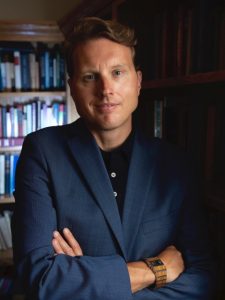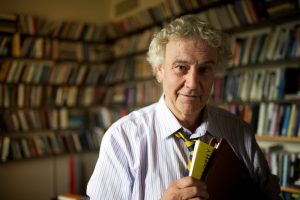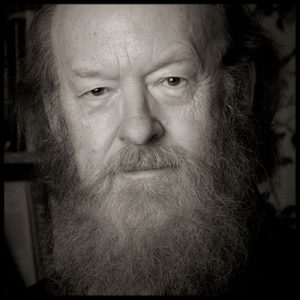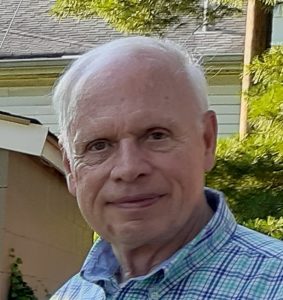Duncan Pritchard is Distinguished Professor of Philosophy at University of California, Irvine. We invited him to answer the question “Is there a future for the philosophy of religion?” as part of our “Philosophers of Religion on Philosophy of Religion” series.
I think the short answer to the question I’ve been posed is simply ‘yes, of course there is a future for philosophy of religion’. Given how fundamental religious questions are to the human condition, and given how philosophy is deeply concerned with the nature of the human condition, then it is hard to see how philosophy could have a future without philosophy of religion being a part of it. On the assumption that I’m right about this, and that philosophy of religion does have a future, the natural next question is what this philosophy of religion of the future will be like. Futurology has a notoriously poor success rate, but I think I can with some confidence offer one general trend that will occur, which is a greater interest within philosophy of religion beyond the Christian traditions that have tended to preoccupy philosophers hitherto (especially philosophers of the broadly analytical tradition). My confidence in this is grounded in the fact that philosophy more generally has become more open to a wider set of cultural reference points (rightly so, in my view), and it is hard to see how this could fail to have an effect on mainstream philosophy of religion. I suspect that this particular trend will also go hand-in-hand with a more geographically diverse reading of the history of religious ideas too, particularly since I think philosophers of religion tend to be more historically-minded than most philosophers anyway. Continue reading




